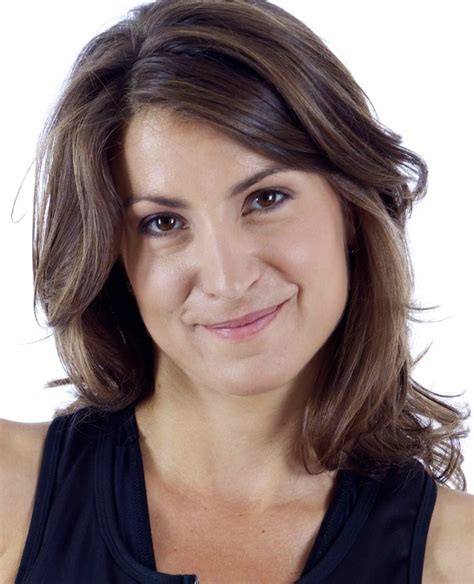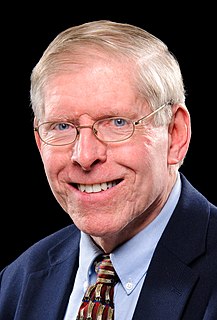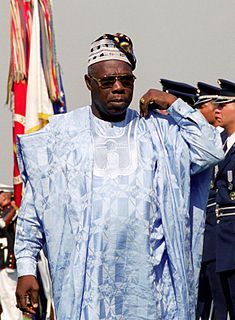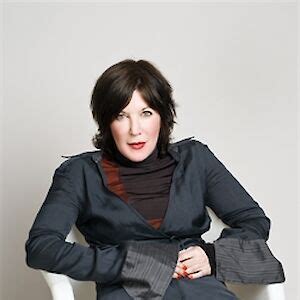Top 1200 Often Can Quotes & Sayings - Page 7
Explore popular Often Can quotes.
Last updated on December 19, 2024.
Often, economists spend their energies squabbling with one another, but arguably the more important contrast is between our broadly liberal economic worldview and the various alternatives - common around the globe - that postulate natural hierarchies of religion, ethnicity, caste and gender, often enforced by law and strict custom.
That wealth and greatness are often regarded with the respect and admiration which are due only to wisdom and virtue; and that the contempt, of which vice and folly are the only proper objects, is most often unjustly bestowed upon poverty and weakness, has been the complaint of moralists in all ages.
When talking to first-time entrepreneurs, I often ask them: 'How do you know that people want your product or service?' As you can expect, the answer is often that they don't yet, but will know once they launch. And they're right. That's why it's critical to launch as quickly as possible so you can get that feedback.
Too often, it seems, conservatives have scorned experts as incompetent, biased, or otherwise worth ignoring because they came up with answers that didn't fit their politically desired answer. Often, they proclaim experts have a liberal bias. Of course, plenty of Democrats have voted for conservative ideas, but that is beside the point.
When people learn that I'm a qualified primary school teacher, I'm often met with surprise and a list of questions, including, 'How do the children react? How do you do it?' Children are some of the most open and inclusive individuals. It's often us adults who have difficulties in accepting difference.
With the publishing of The Basic Eight, it was often assumed that I was really immature and callow, and with the publishing of Watch Your Mouth, it was assumed that I was oversexualized, and with Lemony Snicket, it's often assumed that I'm erudite and depressed. But all the voices more or less came naturally to me.
In media coverage of the war, Afghans are often characterized as corrupt and deceitful. There has certainly been plenty of corruption and deceit in this conflict, but why? What inspires these behaviors? In 'Green on Blue,' I wanted to render a world that is often overlooked: that of the average Afghans who are helping America wage its war.
The facts of nature are what they are, but we can only view them through the spectacles of our mind. Our mind works largely by metaphor and comparison, not always (or often) by relentless logic. When we are caught in conceptual traps, the best exit is often a change in metaphor not because the new guideline will be truer to nature (for neither the old nor the new metaphor lies "out there" in the woods), but because we need a shift to more fruitful perspectives, and metaphor is often the best agent of conceptual transition.
I often write about nonreligious people, and I try to find situations where their sense of humanity is restored or discovered. I think you can be a good person in many ways. And I think you often have to be careful that prayer can seem superficial, because it's a very complicated thing to love your neighbor as yourself.
Every so often when I'm writing, a character might actually be a distinct person in my head - often not an actor or a face, literally a person who just seems to exist in my imagination. Then the challenge is finding somebody who is close enough to that to make me feel like I've ended up where I wanted to be.
Starting a business isn't for everyone, and it's not what you should do if you aren't sure what else to do. It requires thick skin and the willingness to carry a great deal of stress, sometimes alone. It's more often a life of failure than a life of success, and the majority of successes came after a long road of disappointment, and often shame.
Much of what we call evil is due entirely to the way men take the phenomenon. It can so often be converted into a bracing and tonic good by a simple change of the sufferer's inner attitude from one of fear to one of fight; its string can so often depart and turn into a relish when, after vainly seeking to shun it, we agree to face about and bear it.
...in the negative part of Professor's Hayek's thesis there is a great deal of truth. It cannot be said too often - at any rate, it is not being said nearly often enough - that collectivism is not inherently democratic, but, on the contrary, gives to a tyrannical minority such powers as the Spanish Inquisitors never dreamt of.
The reason our country looks the way it does is through social engineering that distinctly benefits suburban communities, exurban communities, and often white residents. And we are socially engineered in such a way as to, often unconsciously and unintentionally, but sometimes intentionally, perpetuate this divisive inequality.
The contribution of West African languages to Ebonics is absolutely infinitesimal. What it actually is is a very interesting hybrid of regional dialects of Great Britain that slaves in America were exposed to because they often worked alongside the indentured servants who spoke those dialects that we often learn about in school.
The transition from tenseness, self-responsibility, and worry, to equanimity, receptivity, and peace, is the most wonderful of all those shiftings of inner equilibrium, those changes of personal centre of energy, which I have analyzed so often; and the chief wonder of it is that it so often comes about, not by doing, but by simply relaxing and throwing the burden down.
On the occasions when I have pondered over men's various activities, the dangers and worries they are exposed to at Court or at war, from which so many quarrels, passions, risky, often ill-conceived actions and so on are born, I have often said that man's unhappiness springs from one thing alone, his incapacity to stay quietly in one room.
I often remember in this false, distorted way, and the memories are often cloaked in the colour of the sun. Sometimes I feel nostalgia for things I knew I hated when they were happening, for days spent at the beach or the swimming pool with my sisters.
When I pick my memories apart, I realise my mind has merely played back the objective ingredients, the clichéd apparatus of happiness, the sun, the sound of splashing water, ice-cream on parched lips and cold fizzy drink on a hot tongue, and laugher too. My memory often peddles on the falsehood of past happiness. I should know this.
























































